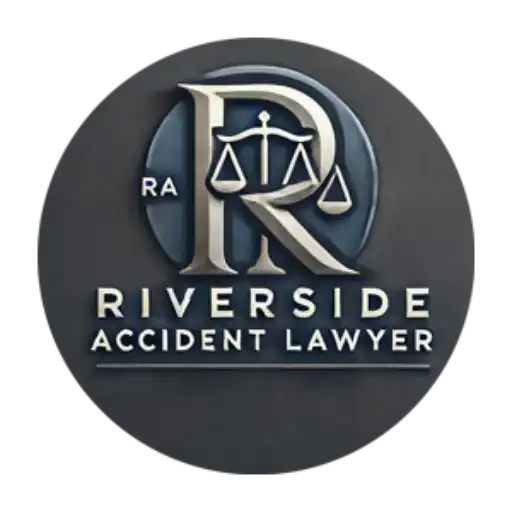The Importance of Medical Documentation in Personal Injury Cases
Our California Personal Injury Lawyers Explain Why Medical Documentation in Personal Injury Cases Are Crucial to Your Case.
If you’ve been injured due to someone else’s negligence, securing compensation requires more than just stating your injuries. You need strong medical documentation to prove the extent of your injuries and connect them to the accident. Insurance companies and courts rely on clear, consistent medical records to assess the validity of a claim.
At Riverside Accident Law, we emphasize the importance of detailed medical evidence in personal injury cases. Without proper documentation, victims risk receiving lower settlements—or even losing their case entirely.
Why Medical Documentation Matters in Personal Injury Claims
Medical documentation serves as the backbone of a personal injury claim. It provides evidence of:
- The severity of injuries – Medical records detail the extent of injuries sustained.
- Causation – They link the injuries directly to the accident.
- Treatment history – Documents all treatments, doctor visits, and prescribed medications.
- Prognosis – Explains long-term effects, potential disabilities, and ongoing care needs.
Without comprehensive documentation, insurance companies may question the legitimacy of your injuries, reducing or denying compensation.
Types of Medical Records That Strengthen Your Case
To build a strong personal injury claim, you should maintain all relevant medical records, including:
- Emergency room reports – Initial diagnosis and treatment after the accident.
- Doctor’s notes – Observations and recommendations from treating physicians.
- Hospital records – Details on surgeries, inpatient stays, and specialized care.
- Prescription records – Medications prescribed to manage pain or recovery.
- Physical therapy notes – Documentation of rehabilitation efforts and progress.
- Diagnostic test results – X-rays, MRIs, and CT scans proving internal injuries.
How Insurance Companies Use Medical Records
Insurance companies carefully examine medical records to determine whether they should approve, reduce, or deny your claim. Some tactics they use include:
- Claiming injuries were pre-existing – Arguing that conditions existed before the accident.
- Questioning treatment delays – Suggesting that late medical visits indicate minor injuries.
- Challenging treatment necessity – Disputing whether recommended treatments were required.
Working with a personal injury attorney ensures that your medical records are presented accurately and prevent insurers from taking advantage of documentation gaps.
Steps to Strengthen Your Medical Documentation
To improve your personal injury case, follow these steps:
- Seek Medical Attention Immediately – Delays can weaken your claim.
- Follow Doctor’s Orders – Skipping treatments can harm your credibility.
- Keep Copies of All Medical Records – Store test results, prescriptions, and bills.
- Document Pain and Symptoms – Maintain a personal injury journal detailing pain levels.
- Request Written Statements from Doctors – A physician’s statement linking your injuries to the accident is valuable.
Contact Our California Personal Injury Lawyers Today
Medical documentation can make or break a personal injury case. At Riverside Accident Law, we help clients secure and present the strongest medical evidence to maximize their compensation.
If you need legal guidance, contact us today for a free consultation. Our experienced attorneys are ready to fight for the compensation you deserve.

